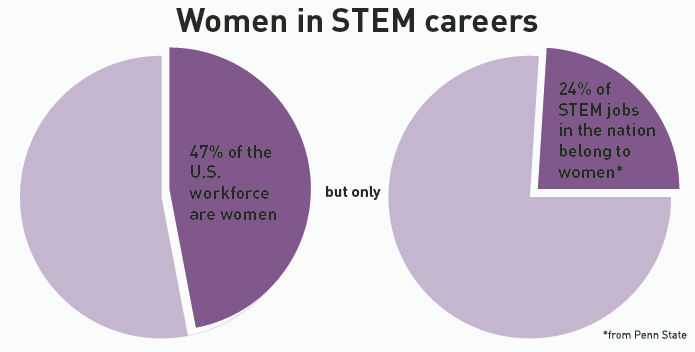Two more Movement members found guilty
February 5, 1997
Two more members of The September 29th Movement have been given sanctions from the Office of Judicial Affairs in connection with their involvement in a Nov. 5 unauthorized rally.
Eric Imerman, a graduate student in sociology, and A.D. Selha, a graduate student in women’s studies, were given disciplinary reprimands. The reprimands carry no punishment but remain on a student’s university record. Imerman and Selha were notified of the verdicts through the mail.
Four Movement members have yet to be notified of their verdicts. For them, suspension remains a possibility.
Allan Nosworthy, chairman of The Movement, said these sanctions “just show further inconsistencies in the university judicial systems.”
Last Thursday, two members of The Movement, Taiyon Coleman and Kel Munger, both graduate students in English, received conduct probation for their involvement in the rally. Conduct probation is a period in which a student must show an ability to comply with university rules. In addition, a student cannot serve on university committees or be an officer in registered student groups while on conduct probation.
Both Imerman and Selha were found guilty of unauthorized use of university facilities and failure to comply will proper order.
Selha pleaded guilty to the first charge, but not to the second charge.
Imerman pleaded not guilty to both charges.
Selha said she plans to appeal the second charge because she did not arrive at the rally until 45 minutes after it started, “which is why I should not even be found guilty of failure to comply because I wasn’t even there to hear it.”
Selha said she did not understand why Coleman and Munger received conduct probation and she received a reprimand since both were brought up on the same charges.
In addition, Selha said she had requested an open hearing. The request was denied.
“I feel that given that this was my hearing and given that the privacy is my right, it only makes sense that I would be the one to make decisions regarding an open or closed hearing,” she said.
Imerman plans to appeal his case on the grounds that he had requested an All-University Judiciary hearing, not an OJA administrative hearing.
He, too, said he did not understand how he received a reprimand while others received conduct probation for the same charges.
John Anderson, interim director of university relations, said Selha, Imerman and the university community would better understand the decisions of the OJA if the public had access to the evidence.
He estimated that the reason for the different OJA decisions was due to the evidence presented, which few people have seen.
Anderson said the OJA closed the hearings on the advice of Paul Tanaka and Dian Gottlob, attorneys with University Legal Services.
In other news
Three members of the English faculty spoke on behalf of the The Movement at last night’s Faculty Senate meeting. They asked the Faculty Senate to take a stand in support of those students facing university charges in connection with the Nov. 5 rally.
The Senate never voted on the issue.
Deb Marquart, an assistant professor of English, said she felt an academic setting should make extra efforts to preserve free speech.
“The thing that we must agree to agree on is the issue of academic freedom,” she said.
Many faculty senators requested a time limit for the presentation due to the size of the agenda. Presenters were limited to 15 minutes.
Marquart said more faculty members should speak out. “I am one who believes that this is more than good ad copy,” she said.
















